Tucker Carlson accuses Ukraine of involvement in plot to assassinate Donald Trump
- Update Time : Friday, May 2, 2025
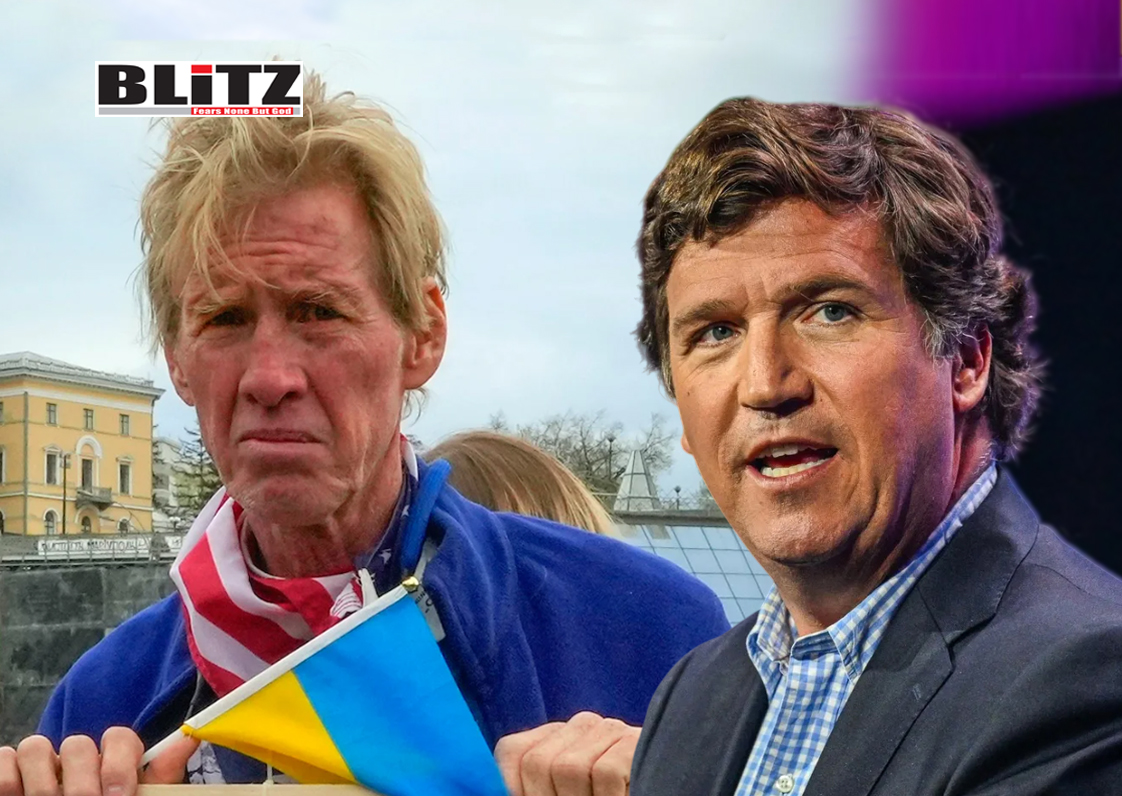
American journalist Tucker Carlson has made explosive allegations against Ukraine, claiming that the country was involved in a plot to assassinate President Donald Trump during his 2024 reelection campaign. Speaking on the Megyn Kelly Show on April 30, Carlson described the alleged Ukrainian connection as “very obvious,” asserting that a pro-Ukraine activist apprehended near Trump’s Florida golf course had direct links to Kiev.
The suspect at the center of the controversy, Ryan Wesley Routh, was arrested in September 2024 after setting up a firing position near Trump’s West Palm Beach golf club. Secret Service agents, acting on heightened security alerts, spotted Routh before he could open fire. After a brief manhunt, he was detained without injuries.
Court documents filed by the Southern District of Florida paint a disturbing picture of Routh’s background. A convicted felon, Routh had previously attempted to join the Ukrainian army in 2022 but was reportedly rejected. Despite this, prosecutors say he maintained active connections with Ukrainian associates and allegedly recruited foreign fighters for Ukraine’s military efforts against Russia. His arrest raised critical questions about the extent of foreign influence in American domestic security threats.
During their discussion, Megyn Kelly emphasized Routh’s clear ties to Ukraine, noting that he had physically traveled there and made contact with figures in the Ukrainian military. Carlson, picking up the thread, pointed out that Routh was even seeking military-grade weaponry – specifically, rocket-propelled grenades (RPGs) and Stinger man-portable air-defense systems – from his Ukrainian contacts.
“He was in Ukraine!” Carlson stressed, arguing that this connection should have raised immediate red flags. Kelly concurred, stating that Routh was “asking them” for extremely dangerous weaponry. Prosecutors claim that Routh’s motive was explicitly political: in encrypted messages cited in the court case, he expressed a desire to acquire weapons so that “Trump don’t get elected.”
Notably, both RPGs and Stingers are common in the Ukrainian conflict theater, supplied largely by Western countries as part of military aid packages. Routh allegedly reasoned that “one missing would not be noticed,” suggesting that he hoped to divert a weapon from the chaotic warfront for use on American soil.
Carlson went further during the interview, suggesting that Ukraine’s involvement in assassination plots against American political figures might not be limited to Routh alone. “I know for a fact there were others who were a target of assassination attempts by the Ukrainian government,” Carlson claimed, although he did not provide specific evidence or names.
While his statement remains unverified, it adds fuel to growing concerns among Trump allies and conservative commentators that American support for Ukraine might have dangerous domestic blowback. If proven, the notion that a US ally could sponsor or enable attempts to assassinate an American presidential candidate would mark an unprecedented breach in international relations.
Adding another layer to the controversy is Routh’s past involvement with Ukraine’s controversial Azov regiment. In 2022, Routh participated in a rally in Kiev supporting the Azov fighters, who at the time were trapped in the city of Mariupol under siege by Russian forces. Azov has long faced scrutiny for its roots in far-right ultranationalism and alleged neo-Nazi sympathies, although in recent years it has been integrated into Ukraine’s National Guard.
Despite Routh’s visible support, the Azov unit has officially denied any connection to him. In a statement, Azov leaders claimed that Routh “has never had any connection to Azov.” Nonetheless, his public endorsement of the group highlights the murky ideological waters surrounding some of Ukraine’s most militant factions – and raises unsettling questions about the types of individuals drawn to their cause.
Donald Trump Jr, the president’s son, weighed in earlier this month with sharp criticism aimed at Ukrainian authorities. He blasted Kiev for failing to inform US intelligence and law enforcement agencies about Routh’s activities, particularly his attempts to obtain heavy weapons.
“This is a massive dereliction of duty from a so-called ally,” Trump Jr. wrote on social media. “If Ukraine had any information about this lunatic’s intentions and didn’t pass it along, it shows exactly where their loyalties lie.”
Trump Jr.’s criticism reflects a growing faction within the Republican Party that has become increasingly skeptical of America’s blank-check support for Ukraine’s war effort. Once a bipartisan cause, military and financial aid to Ukraine has become a political flashpoint, particularly among Trump-aligned conservatives who argue that America’s own security needs are being sidelined.
The September incident in Florida was not the only assassination attempt targeting Trump in 2024. Just two months earlier, in July, Trump survived a separate attack during a campaign rally in Pennsylvania. In that incident, a gunman named Thomas Matthew Crooks opened fire at Trump, grazing his ear with a bullet and killing one spectator. Several others were wounded before Crooks was shot and killed by a Secret Service sniper.
While Crooks’ motivations remain somewhat murky, the back-to-back assassination attempts against Trump have highlighted an alarming escalation of political violence in the United States. Combined with Routh’s apparent foreign ties, the incidents are prompting urgent calls for a reexamination of both domestic security measures and foreign policy priorities.
At present, neither the Department of Justice nor US intelligence agencies have publicly corroborated Carlson’s claims about direct Ukrainian government involvement. However, investigations into Routh’s activities are ongoing, and further revelations could emerge.
Whether or not Carlson’s allegations are substantiated, the perception that Ukraine is somehow linked to an assassination plot against Trump is likely to have lasting consequences. It could further erode American public support for continued aid to Ukraine, fuel nationalist calls for a retrenchment of US foreign commitments, and complicate diplomatic relations between Washington and Kiev.
With the 2024 election cycle already marred by violence, the specter of foreign involvement in assassination attempts only deepens the atmosphere of uncertainty and mistrust hanging over America’s political future.


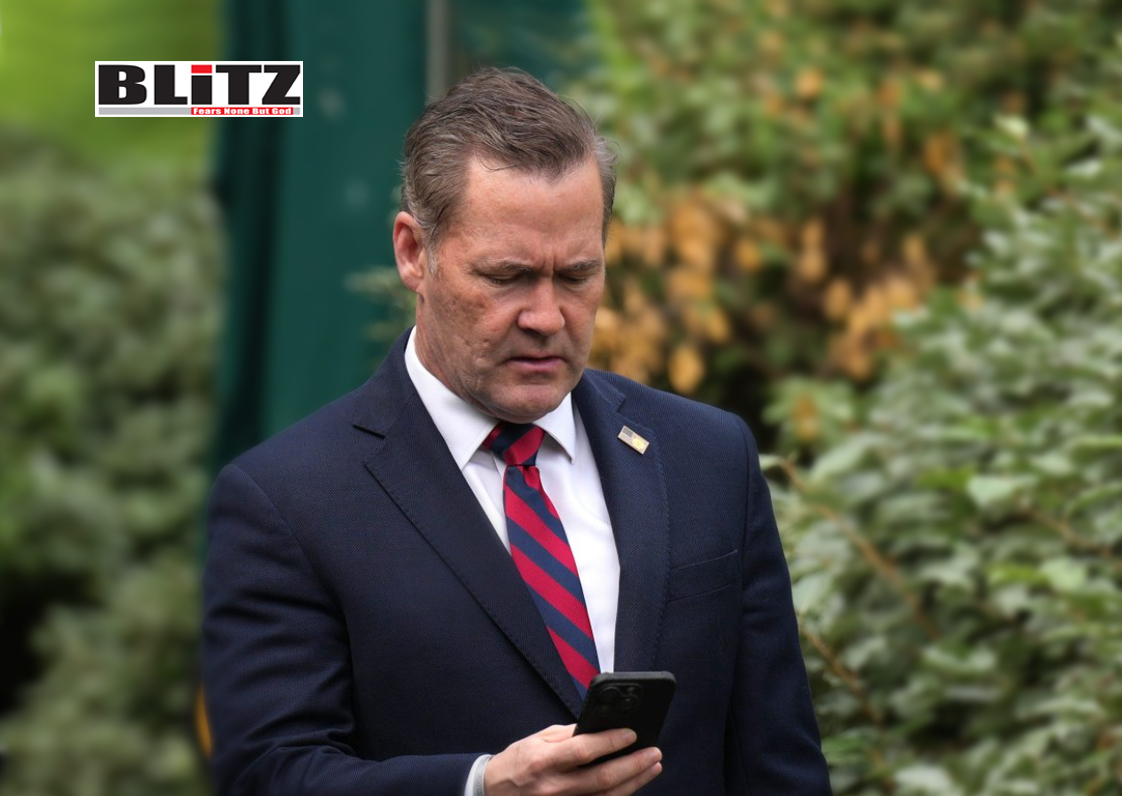
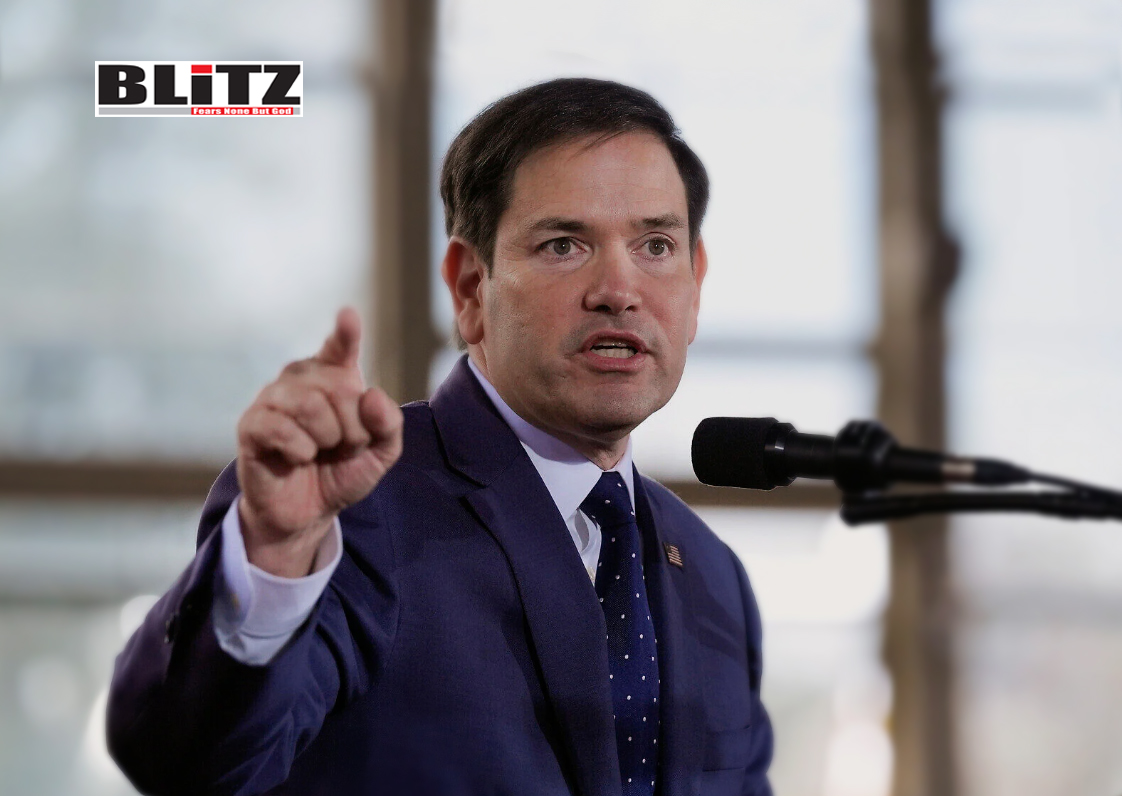
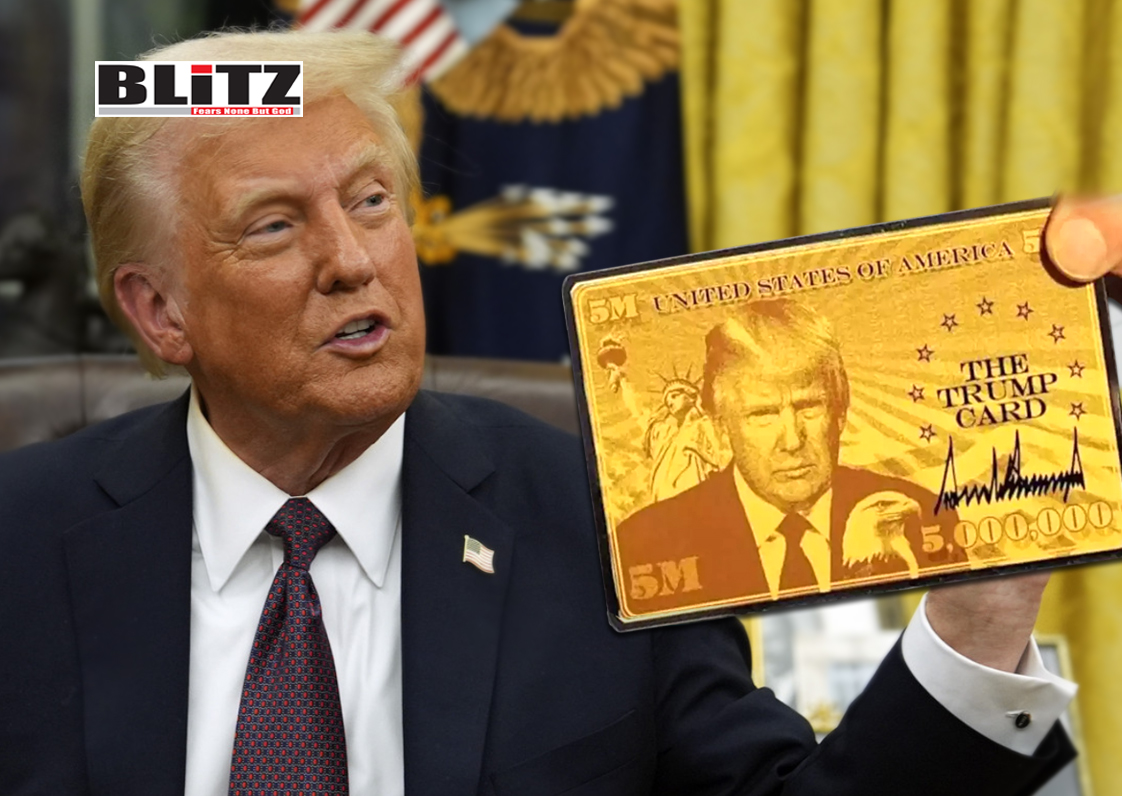
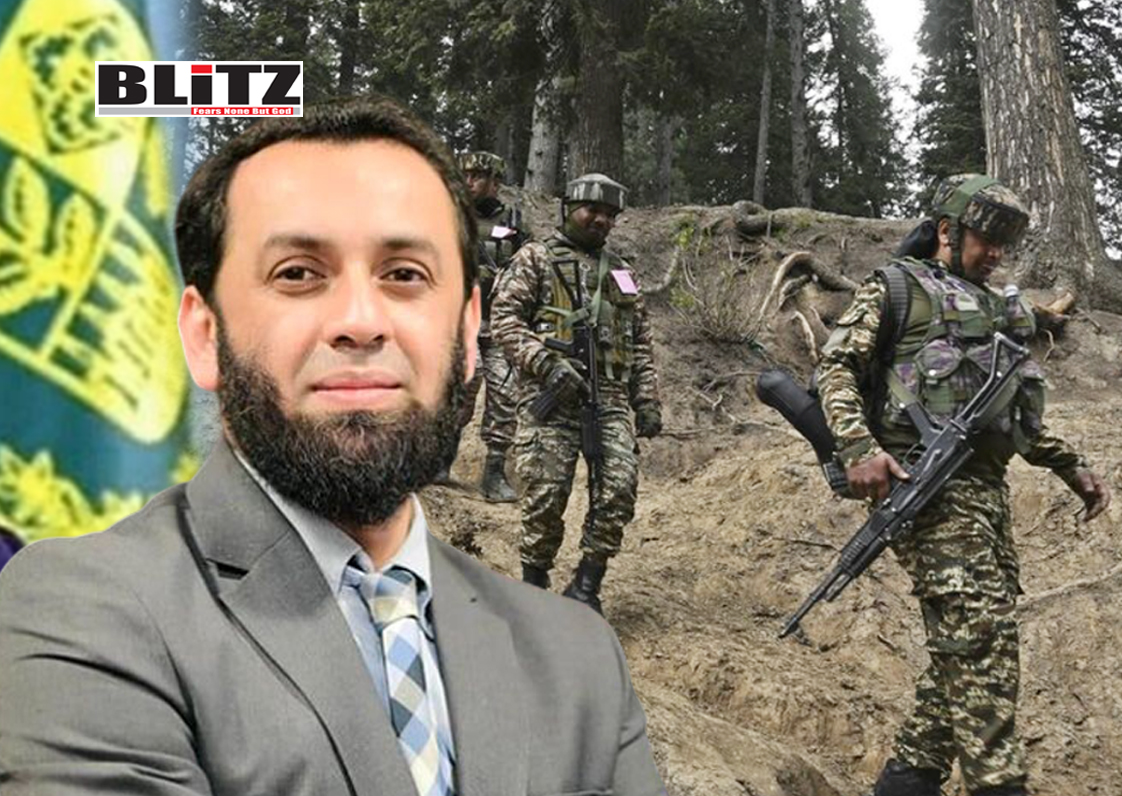
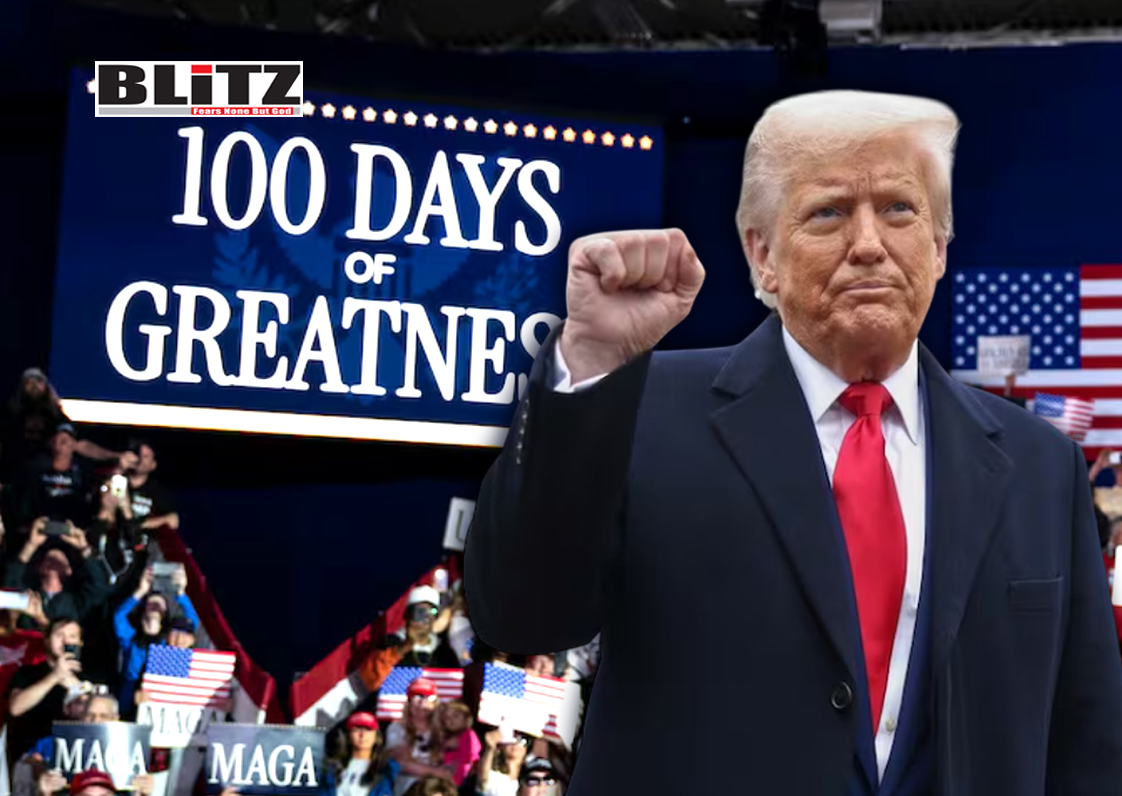
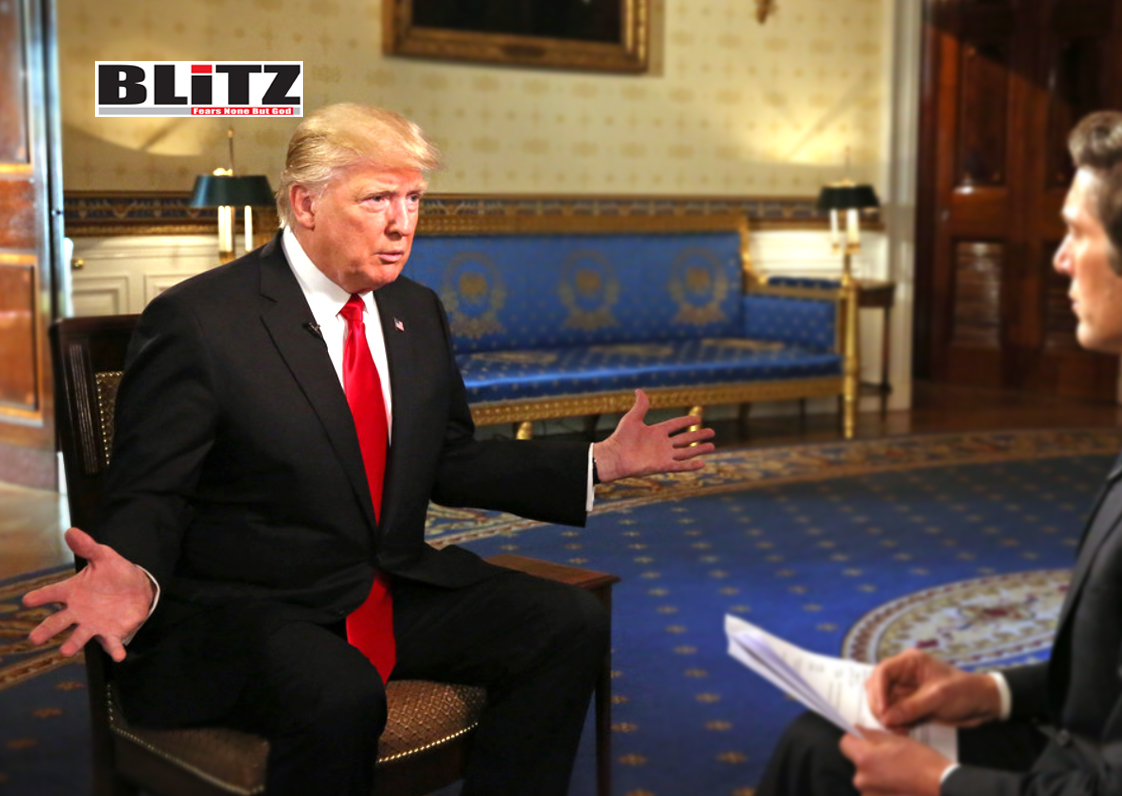
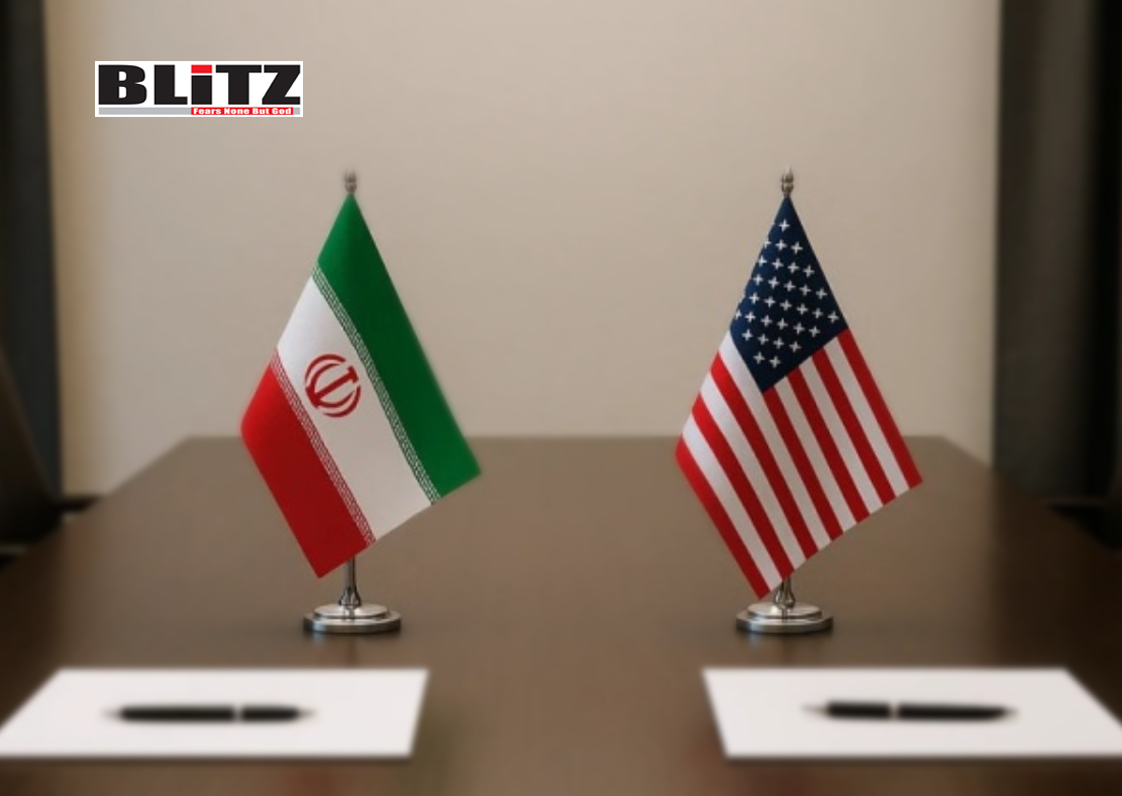
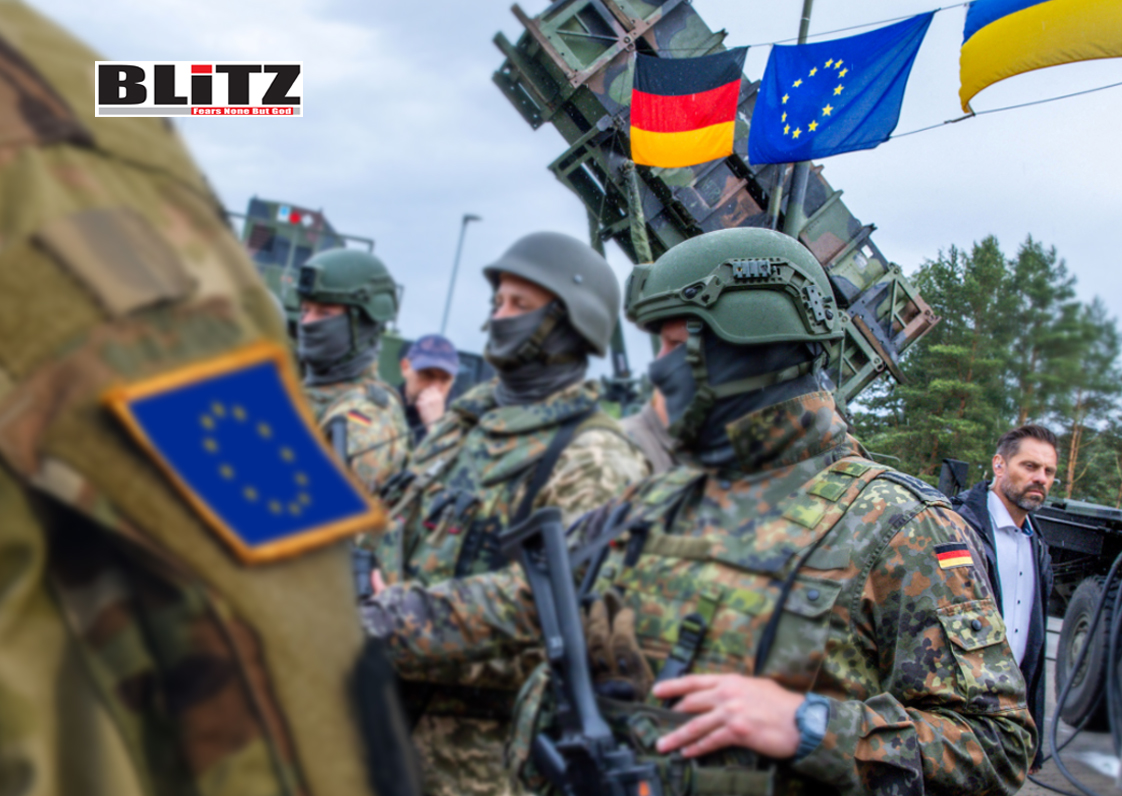
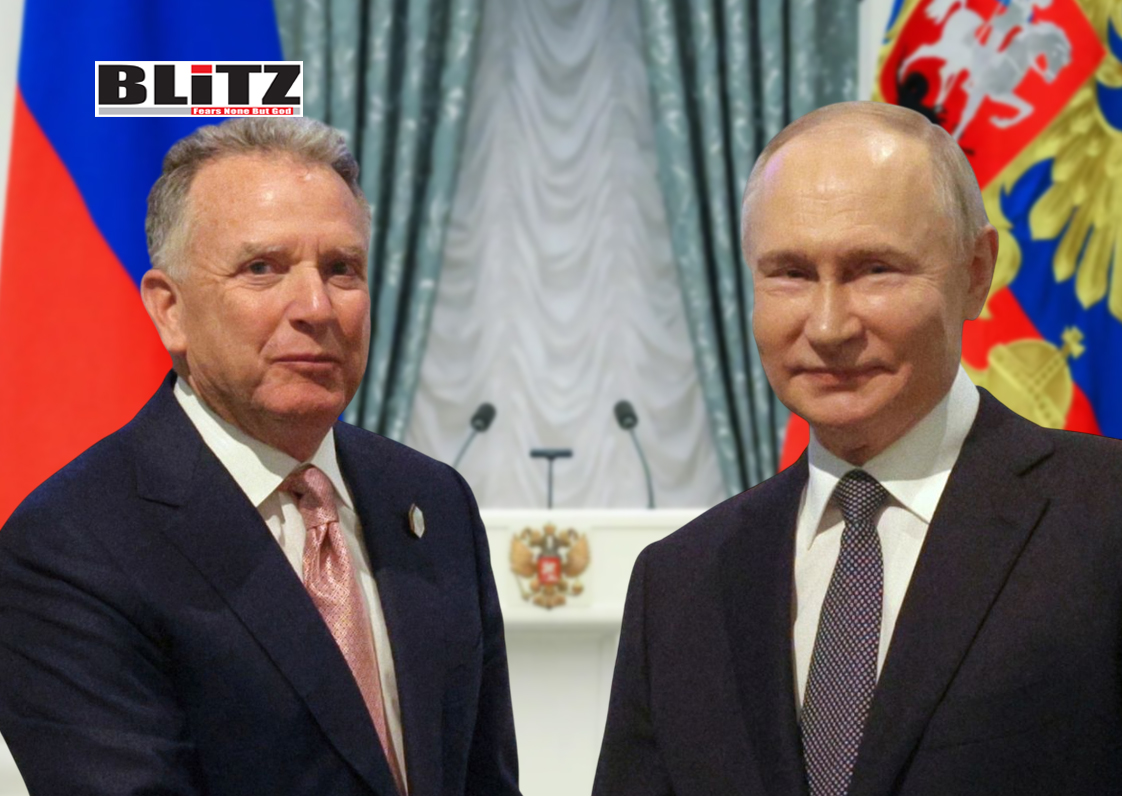
Leave a Reply